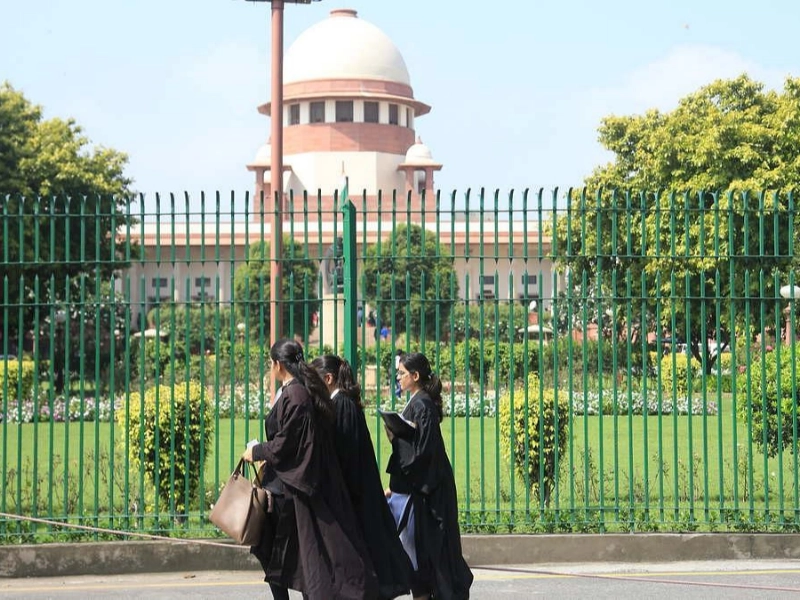You don't have to file for bankruptcy if you are having financial difficulties. Actually, since bankruptcy can negatively affect your credit for a long period of time, it should only be used as a last resort. Budgeting, debt settlement firms, and debt management programs are some good substitutes for bankruptcy.

 It's easy to believe that filing for bankruptcy is your only choice when you're deeply in debt. Therefore, it's crucial to weigh your options before taking such a drastic step. Other options may provide long-term relief, but filing for bankruptcy will lower your credit score and place limitations on you going forward.
Two of the most popular alternatives to bankruptcy are loan modification and debt settlement. Debt settlement is the process of negotiating with creditors to settle your debt for less than what you owe, whereas debt consolidation involves combining all of your debts into one payment through a personal loan or balance transfer credit card.
You must be in default on your debt in order to be eligible for debt settlement. It's worth trying even if you have no other financial options because creditors are more amenable to negotiation if they know that you will only file for bankruptcy if they don't get what they're owed. However, before taking this path, make sure you speak with an expert.
It's easy to believe that filing for bankruptcy is your only choice when you're deeply in debt. Therefore, it's crucial to weigh your options before taking such a drastic step. Other options may provide long-term relief, but filing for bankruptcy will lower your credit score and place limitations on you going forward.
Two of the most popular alternatives to bankruptcy are loan modification and debt settlement. Debt settlement is the process of negotiating with creditors to settle your debt for less than what you owe, whereas debt consolidation involves combining all of your debts into one payment through a personal loan or balance transfer credit card.
You must be in default on your debt in order to be eligible for debt settlement. It's worth trying even if you have no other financial options because creditors are more amenable to negotiation if they know that you will only file for bankruptcy if they don't get what they're owed. However, before taking this path, make sure you speak with an expert.
 If you are struggling to make several separate interest-rate debt payments, you might want to think about consolidating your debt by taking out a loan. The loan will usually have a lower overall interest rate and a smaller monthly payment than your existing loans.
A consumer proposal is an additional nonbankruptcy option. You can engage with a Licensed Insolvency Trustee through this process to make fixed monthly payments that are determined by your assets and income. In contrast to filing for bankruptcy, this will help you pay off your debt more gradually and won't impact your credit score.
Another option is to just try to pay off your debt by setting aside money and forming a budget for yourself. Eliminating unnecessary spending (like eating out or going to the movies) or even taking on a second job will help achieve this. Before making any significant adjustments, make sure to seek counsel from a qualified financial expert.
If you are struggling to make several separate interest-rate debt payments, you might want to think about consolidating your debt by taking out a loan. The loan will usually have a lower overall interest rate and a smaller monthly payment than your existing loans.
A consumer proposal is an additional nonbankruptcy option. You can engage with a Licensed Insolvency Trustee through this process to make fixed monthly payments that are determined by your assets and income. In contrast to filing for bankruptcy, this will help you pay off your debt more gradually and won't impact your credit score.
Another option is to just try to pay off your debt by setting aside money and forming a budget for yourself. Eliminating unnecessary spending (like eating out or going to the movies) or even taking on a second job will help achieve this. Before making any significant adjustments, make sure to seek counsel from a qualified financial expert.
 In some cases, you can pay off your obligations without going bankrupt by managing your finances. Budgeting is the most effective approach to achieving this, and you should consult financial advisors or credit counselors for experienced guidance.
By enrolling in a debt management program or utilizing a credit card's 0% balance transfer offer, you might attempt to consolidate your debt. Alternatively, you might apply online to peer-to-peer lenders or a bank for a personal loan.
Eliminating unneeded items from your budget is another way to decrease costs. It may include cutting back on eating out, eliminating subscriptions, and uninstalling phone apps. These modest reductions pile up and can provide sufficient revenue to assist you in paying down your debt.
In some cases, you can pay off your obligations without going bankrupt by managing your finances. Budgeting is the most effective approach to achieving this, and you should consult financial advisors or credit counselors for experienced guidance.
By enrolling in a debt management program or utilizing a credit card's 0% balance transfer offer, you might attempt to consolidate your debt. Alternatively, you might apply online to peer-to-peer lenders or a bank for a personal loan.
Eliminating unneeded items from your budget is another way to decrease costs. It may include cutting back on eating out, eliminating subscriptions, and uninstalling phone apps. These modest reductions pile up and can provide sufficient revenue to assist you in paying down your debt.